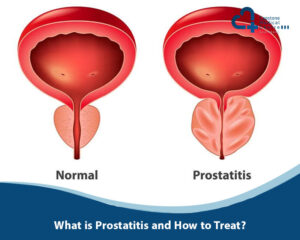
What is Prostatitis and How to Treat?
Prostatitis, a condition that has significant implications for men’s health,


MD, FRACGP, FACAM
Advance Diploma in General Dermatology
Diploma of Cosmetic Medicine


Prostatitis, a condition that has significant implications for men’s health,

Back to all The Best Foods to Eat While Working

Back to all Healthy Relationships What is a healthy relationship?

Back to all How to shop for healthy food on

Back to all Travel Vaccinations: What to know before you
Monday – Wednesday
Thursday – Friday
Saturday
Sunday
Public holidays
9 am to 5:30 pm
8:30 am to 6:30 pm
10.00 am to 3.00 pm
closed
closed
© 2020 All rights reserved.
